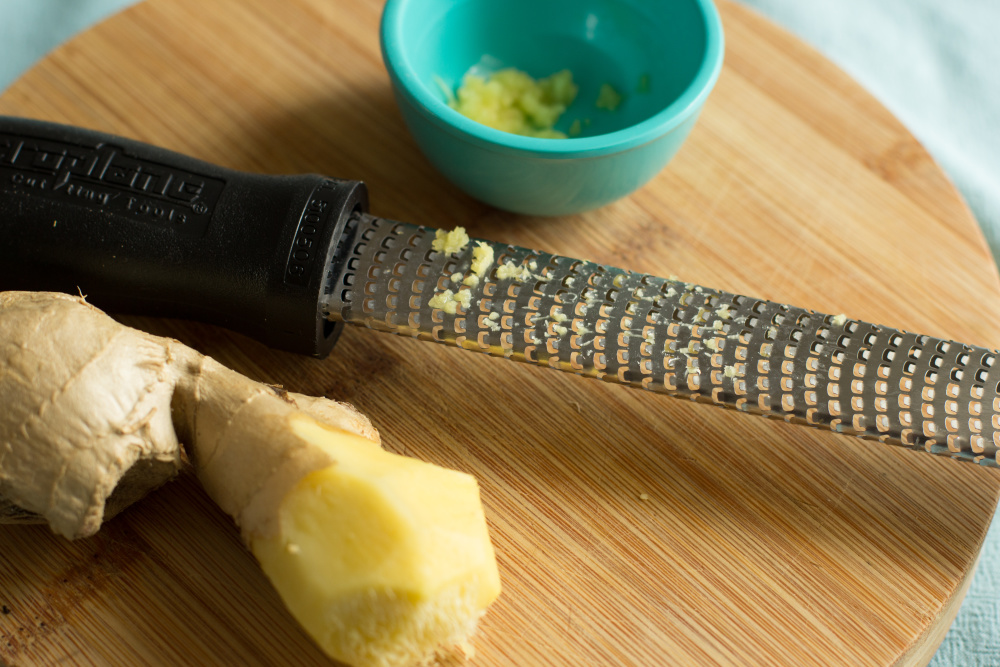Medically reviewed by Stacy Kennedy, MPH, RD
Cancer treatments like chemotherapy can affect how your taste buds interact with different flavors, changing the way you experience certain food. A recurring metallic taste while eating or drinking water is one of the most common taste changes reported by patients. Although this symptom typically subsides after treatment ends, Dana-Farber nutritionist Stacy Kennedy, MPH, RD, CSO, recommends these tips to overcome those meddling metallic tastes:
Stay hydrated
Hydration is one of the most important factors in managing symptoms throughout treatment, but patients often describe a metallic taste during chemotherapy, making this a difficult tip to follow. “Add fresh lemon, lime, or orange to water for flavor, or a splash of 100-percent juice if plain water is unappealing,” Kennedy suggests. Being underhydrated can intensify taste changes, so it important to drink fluids regularly.

Eat foods that are more sour or bitter in flavor
Foods that are sour or bitter can be more appealing and may help produce saliva, which helps to alleviate dry mouth (a symptom that intensifies taste change). Kennedy suggests trying flavors in cooking like pomegranate, kiwi, citrus, and ginger.
Clear your taste buds
Before eating, try rinsing your mouth with beverages like tea, ginger ale, salted water, or water with baking soda. Then, try chewing on lemon drops, mints, or gum to eliminate any lingering “off-tastes” after meals.
Look into other options
Every patient experiences taste changes differently and it is important to speak with your doctor or care team about any side effects that you are experiencing during a treatment. Seeking a referral for a nutritionist may help you determine the best diet for you.
Check Dana-Farber’s Health Library for additional healthy recipes for taste changes, or browse through Dana-Farber’s free nutrition app for iPhone or Android.
